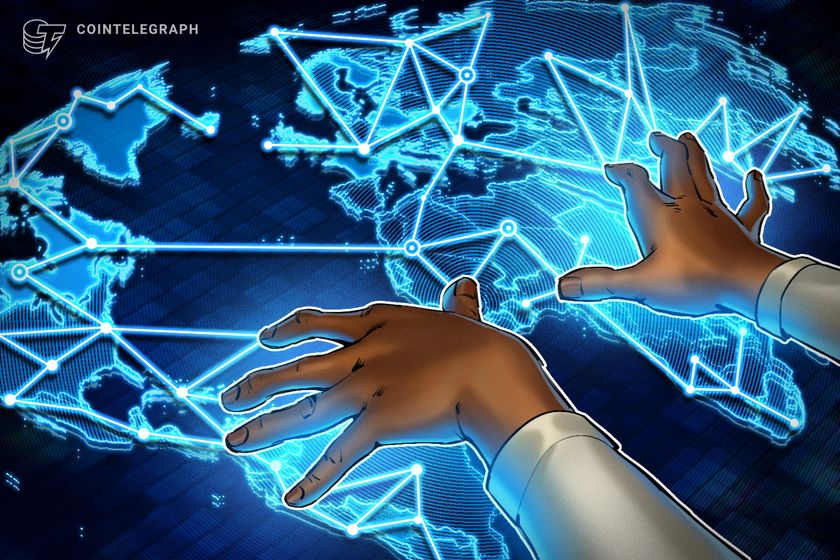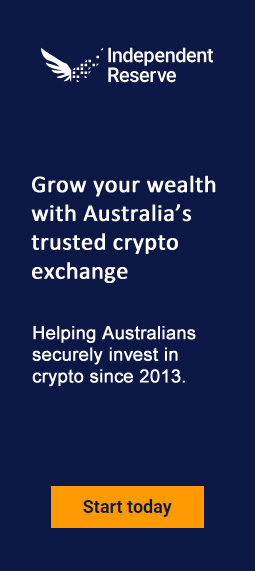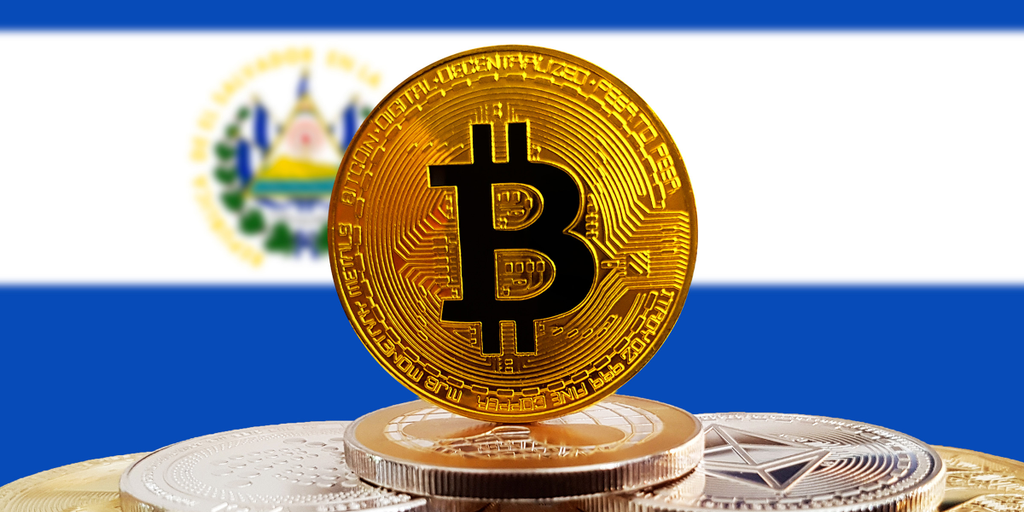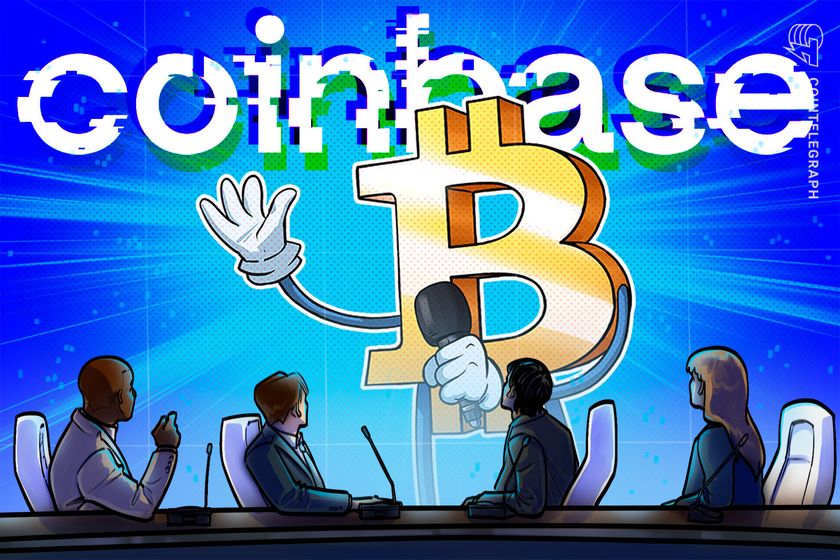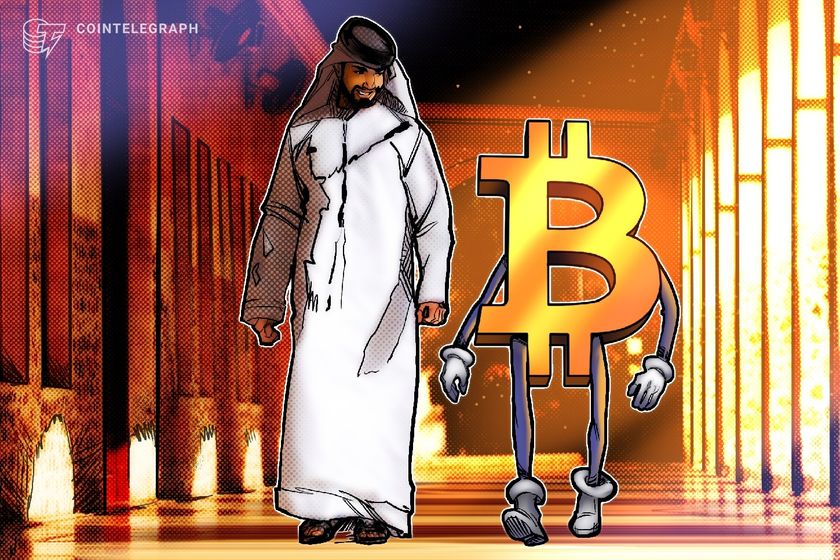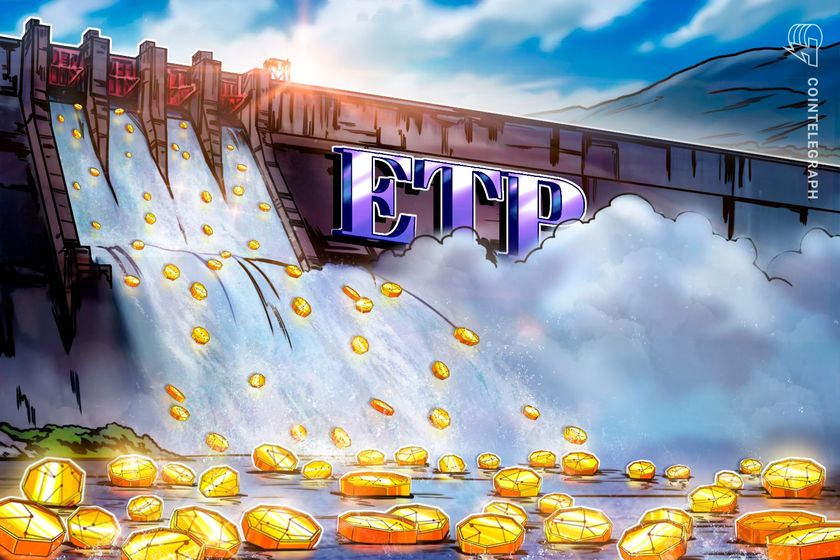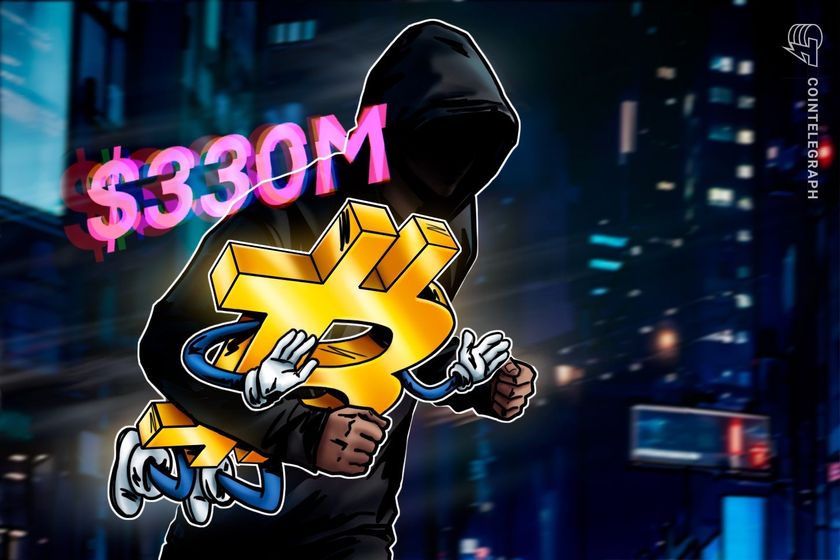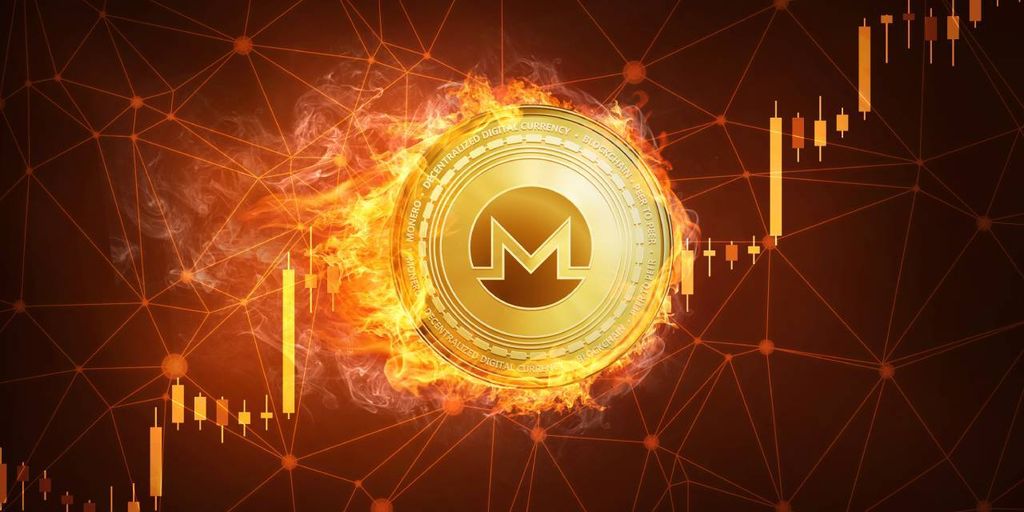Beyond tariffs and chaos — blockchain emerges as the backbone of a parallel economy
The Trump administration's policy of tariffs and sanctions aims to reshore production, disrupting global supply chains and economic norms. This environment is fostering the emergence of blockchain technology, which is becoming essential for businesses, particularly small and medium enterprises, as they adapt to new economic realities. Tokenization of real-world assets, such as receivables and commodities, is creating secondary markets that enhance liquidity amid sanctions. Tokenized assets offer transparency and traceability, enabling compliance with sanctions through immutable metadata. Stablecoins are facilitating international trade by providing a means for sanction-neutral payments. Neutral blockchain hubs in countries like Singapore and the UAE are emerging as compliance-first trade centers. Tokenized smart contracts allow for dynamic responses to regulatory changes, reducing legal risks. Overall, tokenization and stablecoins are forming foundational layers of a parallel global economy that operates independently of traditional financial systems and sanctions.

